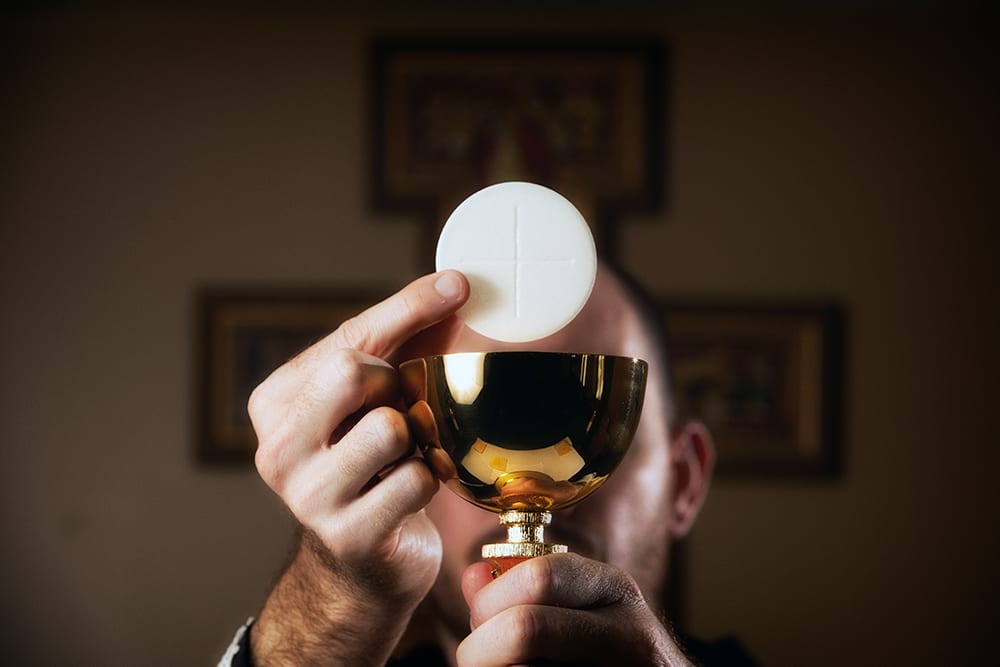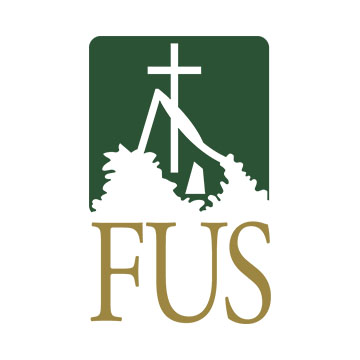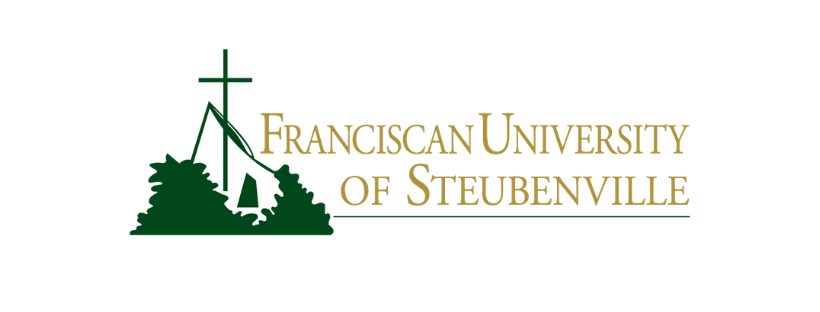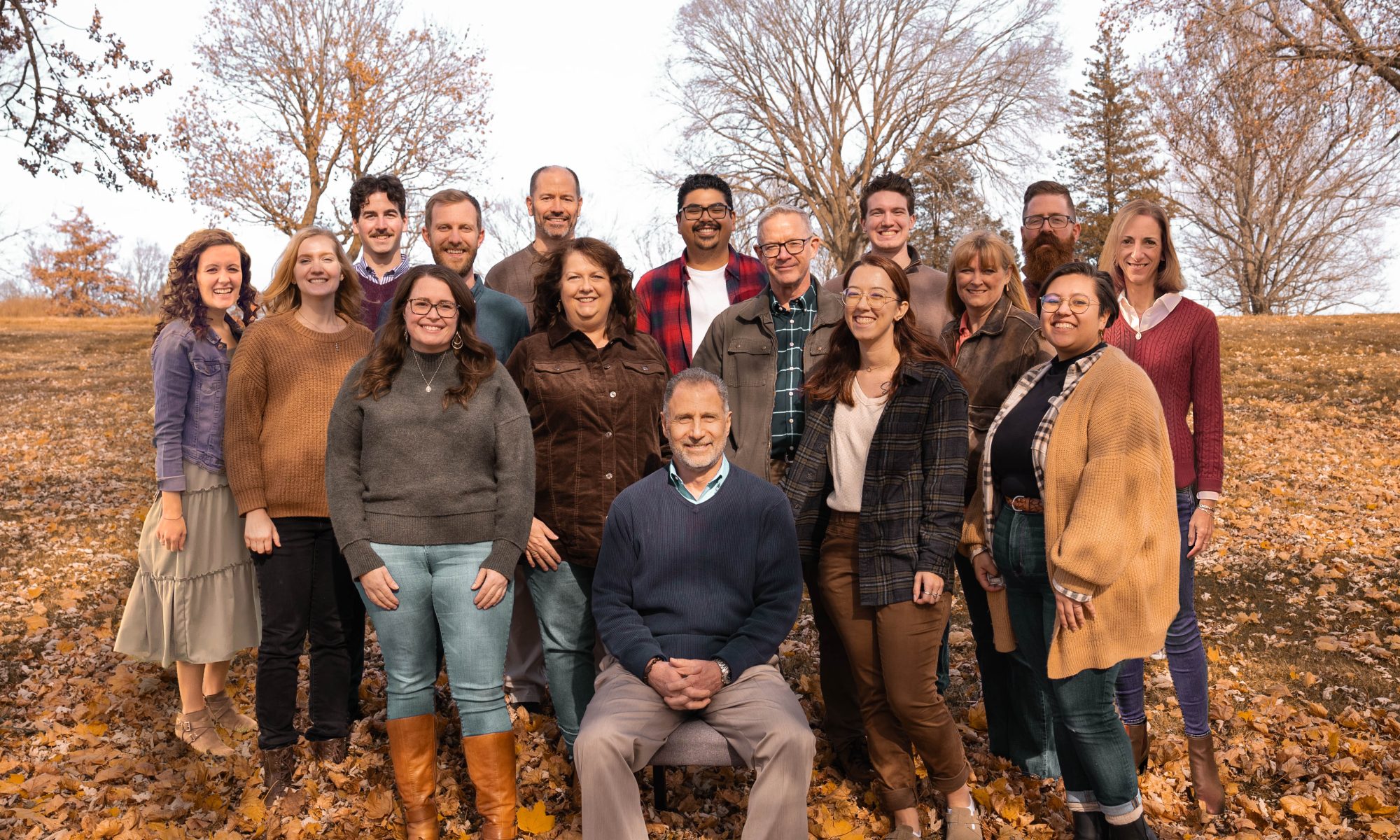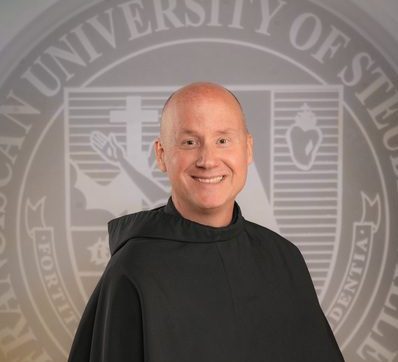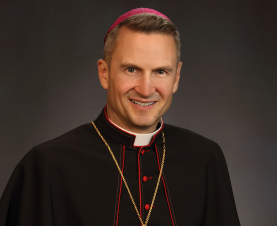Don’t think too hard…the answer is Yes!
Every single person was created by God and called by God…so we all have a calling. Some people are called to marriage, others to the single life, and some to serve God and his Church through the vocation of religious consecration (sisters and brothers), diaconate, or priesthood.
How do we know what path God is calling us to follow?
We have to seek to HEAR God’s voice!
- Hearing Starts by Listening – spend time daily in personal prayer and reading Scripture. Ten minutes and day will change your life. Try it!
- Eucharistic Adoration and the Sacraments – spend time with Jesus in the Eucharist, attend Mass, and participate in confession, and he will reveal his plan for you.
- Appointment with a Priest or Religious – get to see what the life of a priest, brother, or sister is about by talking to a real, live person…he or she won’t bite!
- Retreat – go on a retreat or discernment weekend. You will learn more about yourself, and God will bless your openness!

